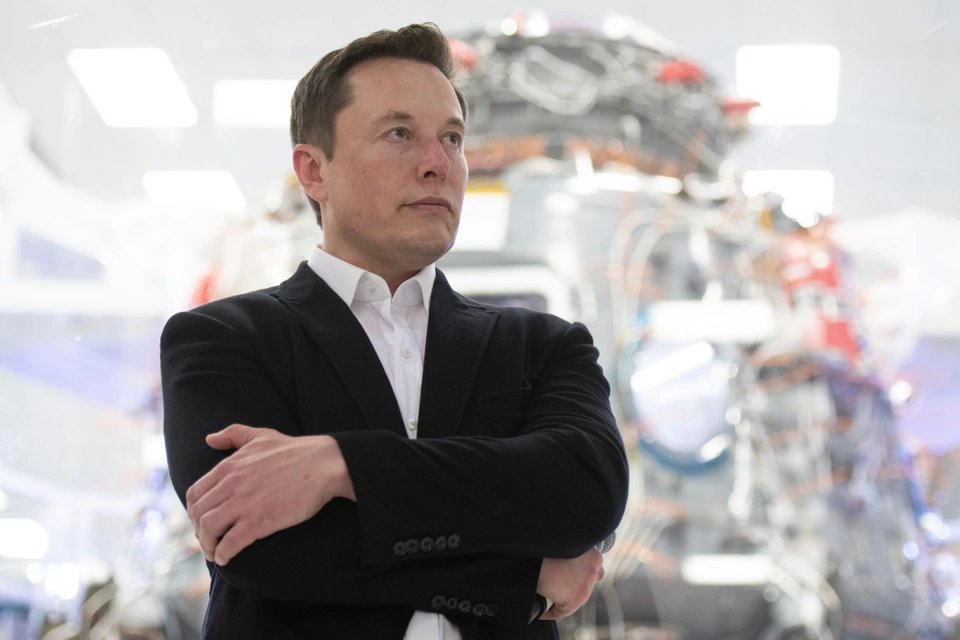In the 21st century, the word “genius” has become a label frequently attached to figures who dominate headlines, reshape industries, and challenge the status quo. Among those who are most frequently exalted as a genius is Elon Musk—the billionaire entrepreneur behind Tesla, SpaceX, Neuralink, and X (formerly Twitter). Musk is often credited with redefining transportation, launching a new era of private space exploration, and igniting debates about artificial intelligence. But amid the accolades and admiration, there lies a provocative question: Is Elon Musk truly a genius, or are we witnessing the illusion of genius manufactured by modern media, marketing, and mythology?
## What Defines a Genius in the Public Eye?
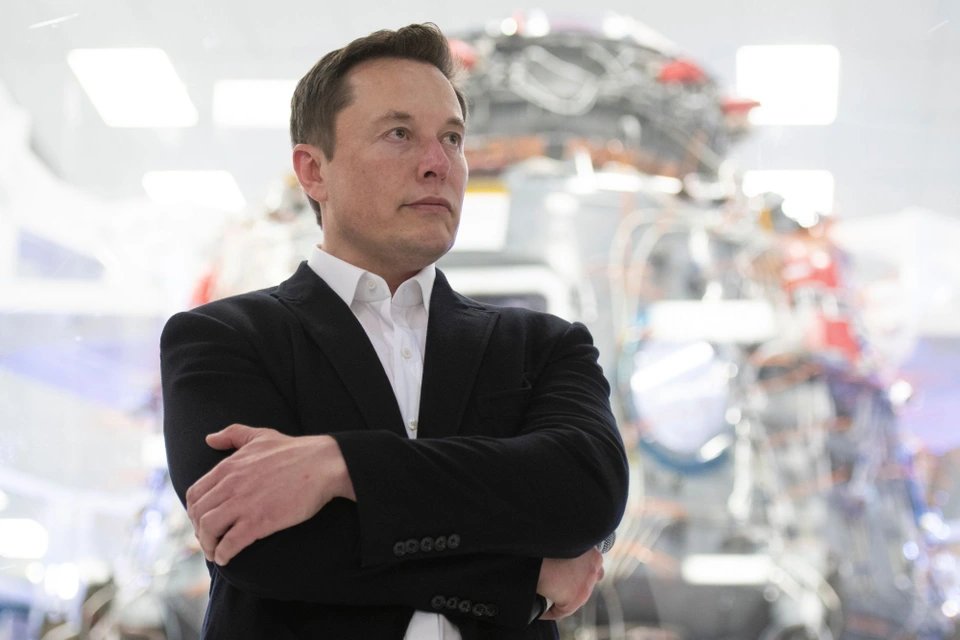
Before dissecting Elon Musk’s public image, we need to understand the modern concept of genius. Unlike the traditional definition—someone with extraordinary intellectual or creative power—today’s perception often blends innovation, charisma, and relentless ambition. The genius of the 21st century is not just someone who thinks differently but someone who acts differently, speaks controversially, and builds empires.
Musk, with his quirky tweets, unpredictable behavior, and dramatic visions of the future, fits this modern mold perfectly. The media amplifies every move he makes, reinforcing the notion that he operates on a level above the rest of us. But is this portrayal entirely accurate, or is it part of a larger illusion?
## The Role of Narrative: Building the Elon Musk Legend
One of the most powerful tools in creating the illusion of genius is storytelling. Musk’s journey from a South African immigrant to the world’s richest man is a tale that captures the imagination. It’s a narrative filled with risk-taking, rebellion against convention, and seemingly impossible victories.
However, it’s important to acknowledge that this story is not just organic—it’s carefully curated. Musk’s teams and supporters have cultivated a mythos around him, presenting him not just as a businessman, but as a visionary, a martyr, and even a prophet of the future. In interviews, biographies, and even pop culture appearances (like hosting _Saturday Night Live_), Musk reinforces the image of a lone genius fighting against broken systems.
This framing positions him in the lineage of Edison, Einstein, and Jobs. But while those men were largely recognized for scientific breakthroughs or paradigm-shifting inventions, Musk’s brilliance often lies more in vision and execution than in direct technological creation.
## Visionary or Magician? The Business of Borrowed Innovation
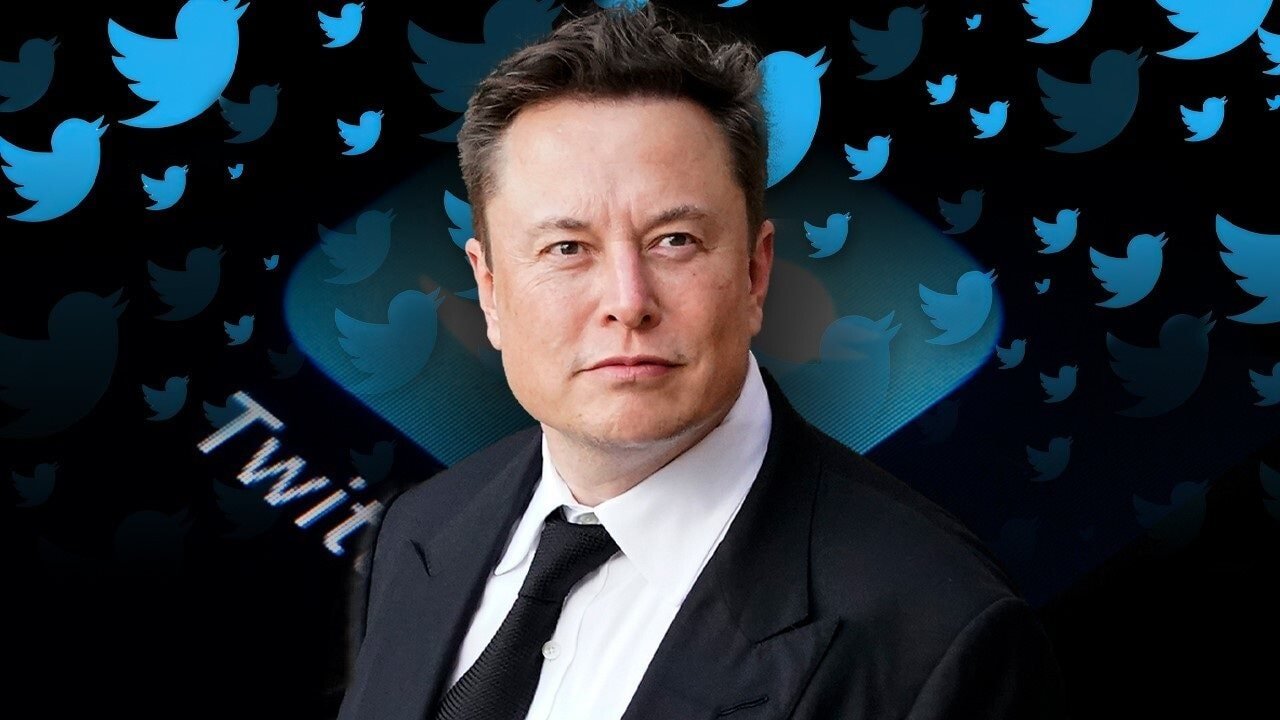
Many of Musk’s ventures rest on existing technology rather than inventions he personally created. Tesla didn’t invent the electric car; it improved and marketed it better than anyone else. SpaceX didn’t discover rocketry, but it revolutionized costs through clever engineering and efficient processes. Musk’s genius, then, may be less about technological origin and more about strategic synthesis—taking existing ideas and pushing them beyond conventional limits.
But here lies the twist: Musk is rarely the one behind the engineering blueprints. He hires world-class teams of engineers, physicists, and programmers who turn his broad ideas into reality. While he’s known to be deeply involved, the credit Musk receives often overshadows the massive collaborative efforts behind his companies.
This raises the question: Is Musk a genius, or is he a master of orchestration—a conductor leading a brilliant symphony without necessarily writing the music?
## The Illusion of the Lone Hero in Tech
Western society often romanticizes the idea of the lone genius—a single figure rising above the crowd to change the world. This myth is powerful and deeply ingrained in the tech world. From Steve Jobs to Bill Gates, we love the idea of one brilliant mind shaping the future.
Musk fits this narrative perfectly. He is portrayed as the relentless workaholic who sleeps on factory floors, sends rockets into space, and debates AI ethics, all while disrupting multiple industries. But this image downplays the importance of teams, collaborators, and even failures. In reality, no great company or innovation is built alone.
The genius illusion works because it taps into our desire for simplicity. Instead of understanding the complexities of how technology and business evolve, we place a single face at the center. Musk becomes not just the symbol of his companies, but their entire identity.
## Media Amplification and the Algorithm of Fame
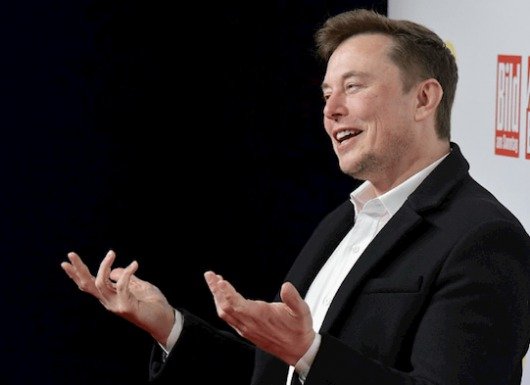
A key factor in Musk’s genius illusion is media amplification. Every tweet, every appearance, and every controversy generates global headlines. Musk’s social media presence—especially on Twitter/X—is as much a part of his persona as any of his ventures.
What’s more, algorithms love controversy and charisma. Musk’s bold statements about Dogecoin, Mars colonization, or the dangers of AI are perfect for social media virality. This creates a feedback loop: the more outrageous or visionary the claim, the more attention it receives—and the more Musk is perceived as a genius.
The media, in turn, benefits from covering Musk. He is a headline machine, driving clicks and engagement. This symbiotic relationship helps sustain the myth of infallibility, where even Musk’s failures are spun into tales of daring and innovation.
## Failures, Flaws, and the Selective Memory of Success
True genius is not infallible, and neither is Elon Musk. Tesla has faced production issues, legal battles, and safety controversies. SpaceX’s rockets have exploded. Neuralink has drawn ethical scrutiny. X (Twitter) has become a chaotic experiment in free speech and digital governance.
But these failures are often framed as part of the genius journey—necessary setbacks on the path to greatness. This framing protects Musk’s image. Where others might face lasting criticism, Musk is frequently given the benefit of the doubt, credited with courage for taking risks.
This selective memory creates a distorted view of success. In reality, every visionary has flaws. The genius illusion minimizes those flaws or rebrands them as quirks, reinforcing the narrative rather than challenging it.
## The Dangers of the Genius Myth
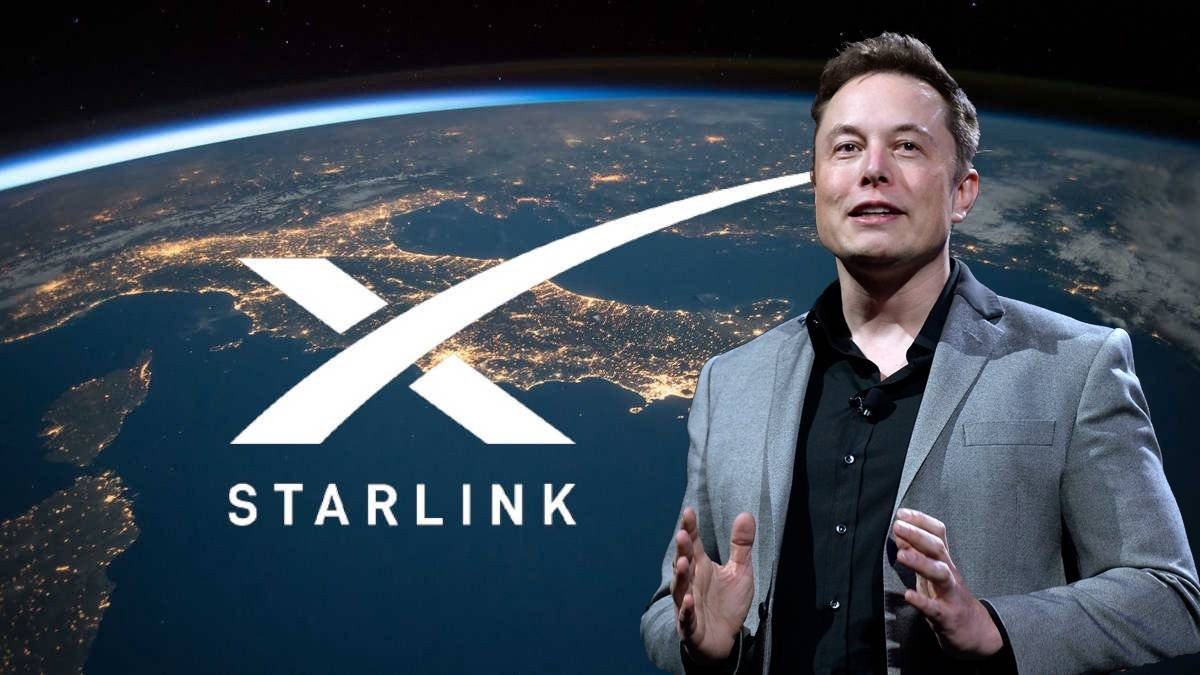
Why does this illusion matter? Because placing individuals like Musk on genius pedestals can have real-world consequences. It allows lack of accountability, encourages cult-like fandoms, and oversimplifies the collaborative nature of innovation.
Moreover, it sets unrealistic expectations for young entrepreneurs and inventors. Genius, in this mythic sense, seems unattainable—something you’re born with, not something you build through practice, collaboration, and iteration. It can discourage participation in science, engineering, and entrepreneurship by promoting the idea that success is about being a genius, not doing the hard work.
In Musk’s case, the genius myth also grants extraordinary influence. His opinions sway markets, reshape industries, and affect public policy. Yet many of his statements—about AI, COVID-19, or politics—are controversial or unscientific. If we accept genius uncritically, we risk allowing charisma to outweigh expertise.
## Reframing Genius: From Icon to Ecosystem
Instead of fixating on individuals, we should reframe genius as an ecosystem of talent, timing, opportunity, and teamwork. Elon Musk is undoubtedly an extraordinary figure—brilliant, ambitious, and capable of reshaping entire sectors. But he is not a solo magician. He stands atop vast networks of engineers, investors, scientists, marketers, and supporters.
Recognizing this doesn’t diminish his achievements—it grounds them in reality. It allows us to appreciate the complexity of innovation and the importance of collaboration. It also helps us hold our heroes accountable, appreciating their brilliance without idolizing their every move.
## Conclusion: Beyond the Illusion
Elon Musk’s rise is a fascinating study in ambition, media, technology, and myth-making. Whether or not he fits your personal definition of a genius, it is clear that much of his public perception is carefully crafted—by himself, by his companies, and by the world eager for icons.
In the end, perhaps the question isn’t whether Elon Musk is a genius, but why we need him to be. The genius illusion reveals more about society than it does about Musk himself. It reflects our hunger for hope, for heroes, and for simple stories in a complex world.
By questioning the myth, we can better appreciate the man—and perhaps build a more inclusive, accurate, and inspiring vision of genius for the future.
